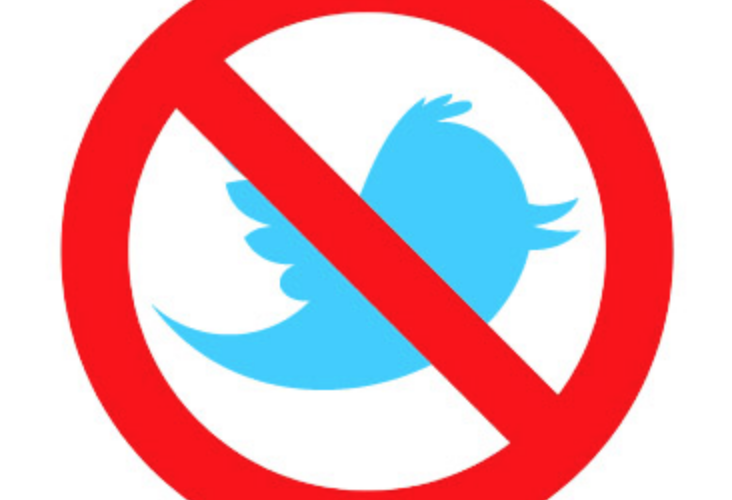
It’s that time again. Great Lent is here and my home fridge has gone almost completely vegan, following ancient traditions (no meat or dairy) in Eastern Orthodox Christianity.
If you live in an area with a significant Orthodox population, there might be some interesting stories linked to this. For example, when do most Orthodox children begin following a meat-free version of this fast (as much as possible) during Lent? How do things go at school, in this age in which more children are already vegetarians? I’m just thinking out loud here.
However, for most reporters, Lent means one thing — literally. Yes, it’s time for waves of stories about people giving up “one thing” for Lent. A decade or so ago, I attempted to find the roots of this “one thing” idea (I assumed Anglicanism) and, well, found out that this alleged tradition isn’t really a church tradition at all. It seems to have come out of nowhere.
I don’t know: Maybe some reporters should give up one-thing Lent stories for Lent this year? There are newsy alternatives around. For example, what are the actual Catholic fasting traditions in Lent? Does anyone know? How many Catholics follow them?
Meanwhile, a veteran freelance writer for Religion News Service just moved a thoughtful piece linking the one-thing Lent concept with another hot news hook — the acidic impact of Twitter on the lives of journalists and “public intellectuals” whose jobs require them to spend many, many hours swimming in those snark-invested waters. The headline: “Pundits repent of Twitter sins, apply faith to social media.” Here’s the overture:
On March 5, Fat Tuesday, Paul Begala, a consultant for CNN and veteran D.C. insider who has spoken publicly about his Catholic faith, made a public act of contrition, tweeting:
“I love Twitter, but I fear it’s making me more superficial, snarky, and judgmental – flaws I already have in abundance,” Begala announced. “So I’m giving up Twitter for Lent. I want to apologize in advance to my neighbors for shouting out the window in rage for the next 40 days.”
Then he signed off.
Begala wasn’t the first to admit his Twitter sins.
1) I have spent the last few weeks in a mostly Twitter free zone to spend time reflecting on what role I may have played in what indisputably has become a dangerously toxic culture. I am not proud of what I have found.
— Kirsten Powers (@KirstenPowers) February 18, 2019
Now, I should mention the byline on this piece — Elizabeth Evans. Longtime GetReligion readers may ask if this is the Rev. Elizabeth Eisenstadt-Evans, the former GetReligionista. Yes, this is the journalist and Episcopal minister who, in these cyber-parts, was occasionally known as the Rev. EEE.
This is a rather long feature — not a quick-strike novelty topic piece. You’ll find people coming at this issue from a variety of religious stances, including atheism.
Still, the debates inspired by the Kirsten Powers tweet-storm are clearly the news hook here — a valid one, in my opinion.
The key theme: Frequent tweeters need some kind of plan for how they will handle hot-button issues linked to faith and public life. This is especially true for journalists and commentators who have made religious faith part of their public identity. Thus:
Powers’ “mea culpa” moment, and her willingness to shift gears in a more positive direction, was “the kind of attitude we need more of, because the country is deeply polarized,” said Peter Wehner, senior fellow at D.C.’s Ethics and Public Policy Center and a veteran of three Republican administrations. “It takes some of the worst aspects of human nature, amplifies them and sends them out into the world unfettered,” he said.
Wehner suggested that pundits and others who are public about their faith affiliation need to be aware that they are seen in that light, and act accordingly to the tenets of that faith.
Part of his own social media strategy includes posting nonpolitical content to his feed, sprinkling it with quotes from Christian authors such as Frederick Buechner and other books he’s reading.
On the other hand, Wehner said, his faith obligates him to speak out. “I have no problem calling out individuals with bad ideas. That can be a useful thing. Jesus used strong language.”
Need another valid news hook? Eisenstadt-Evans found one (actually two):
Sometimes journalists must figure out how to respond not only to seemingly random attacks, but a targeted harassment campaign.
Several years ago the Anti-Defamation League found that during the 2016 presidential campaign, which was marked by rampant anti-Semitic tweets and memes, Yair Rosenberg of Tablet Magazine received the second-most abuse of any journalist on Twitter. Given that he’s gotten so much outright abuse and so many bad faith reactions, Rosenberg says he’s often too quick to make a snap judgment and react.
“I sometimes have to remind myself that many of the people engaging with my work are not coming at it from a place of bad faith, even though I get a lot of those people too,” he said.
Rosenberg said that taking a weekly break from tweeting while observing the Sabbath was also helpful.
Yes, the anti-Semitism angle is tragically timely. At the same time, asking questions about how observant Jews handle the Sabbath is also interesting.
MAIN IMAGE: A Christianity Today word cloud about one-thing Lent discussions.










